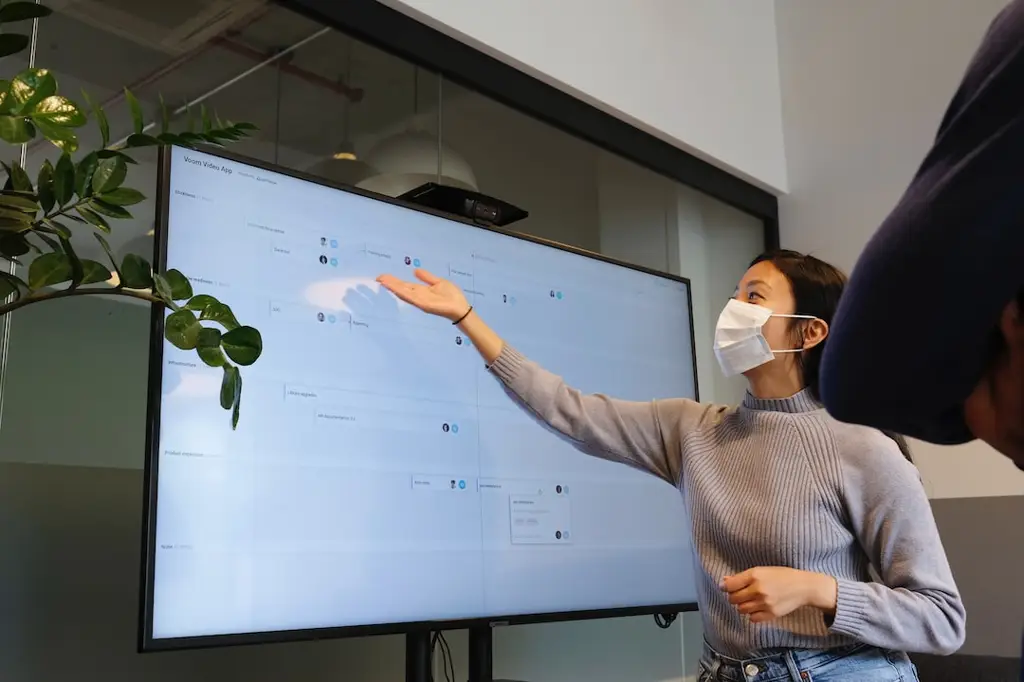Networking 101: Why It’s Not Just About Who You Know, but How You Connect
Networking is often perceived as simply collecting business cards and attending social events to meet influential people. However, true networking goes far beyond superficial connections. It’s about building meaningful relationships, fostering mutual trust, and creating a supportive network that can open doors to new opportunities. It’s not just about who you know, but how you connect. Let’s explore this concept further.
The Power of Genuine Connections
Imagine you attend a professional conference and collect numerous business cards from industry experts. While it may seem like a successful networking event, the true value lies in the quality of the connections you make. It’s not about having a stack of cards; it’s about forming genuine relationships with a few individuals who share common interests or goals.
Example:
During the conference, you strike up a conversation with a fellow attendee, John. You discover a shared passion for sustainable architecture. Instead of simply exchanging contact information, you engage in a deep conversation about your projects, exchange ideas, and promise to stay in touch. This genuine connection is more likely to lead to future collaborations or referrals in the field.
Networking with Intent
Networking should always have a purpose beyond simply expanding your contact list. When you approach networking with intent, you actively seek out individuals who can help you achieve your goals or support your professional development. It’s about finding the right connections that align with your aspirations and making a lasting impression on them.
Example:
You’re an aspiring graphic designer and have admired the work of a renowned designer, Sarah, for years. Instead of randomly reaching out to her, you research Sarah’s latest projects and identify a common interest in minimalist design. When you finally connect with her at a design conference, you share your admiration for her work and discuss your shared interest. By approaching the connection with intent, you leave a memorable impression on Sarah, increasing the chances of a future mentorship or collaboration opportunity.
Nurturing Relationships
Networking is not a one-time event; it’s an ongoing process of nurturing and maintaining relationships. Building a strong network requires investing time and effort into staying connected with your contacts, providing support when needed, and offering assistance or advice whenever possible. It’s about building a mutually beneficial relationship where both parties actively contribute and engage.
Example:
You have a colleague, Lisa, who works in a different department but shares a common interest in leadership development. You regularly meet for coffee to exchange insights, discuss relevant books or courses, and even introduce each other to other professionals in the field. By nurturing this relationship, you not only expand your knowledge and skills but also create a reliable resource for future career opportunities or collaborations.
Diversifying Your Network
Finally, while it’s important to connect with individuals from your own industry or professional background, networking should also involve diversifying your network. By connecting with people from different industries, backgrounds, or skill sets, you gain access to fresh perspectives, unique opportunities, and a broader range of knowledge.
Example:
You’re an entrepreneur in the tech industry, but you attend a local entrepreneurship meetup where you meet Gina, an artist running a successful creative business. Despite the apparent differences in your industries, you discover common challenges in marketing and customer engagement. By learning from Gina’s creative strategies, you can apply innovative approaches to your own tech startup, giving you a competitive edge in the market.
In conclusion, networking is not solely about the quantity of connections but the quality and authenticity of those connections. It’s about nurturing relationships, approaching networking with intent, and diversifying your network. By focusing on how you connect, rather than just who you know, you can unlock a world of opportunities and create a supportive network that propels your professional growth.












